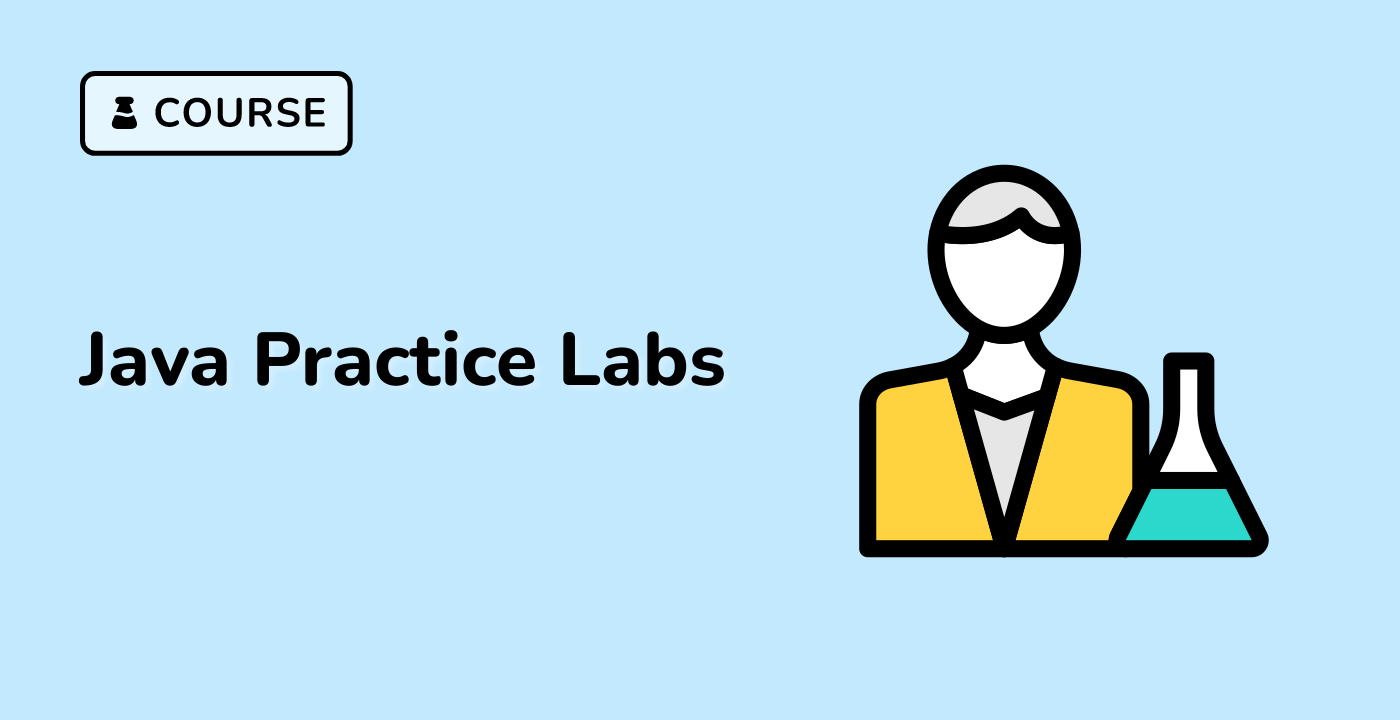Choosing the Right Approach
Decision-Making Framework
Selecting between recursion and iteration requires careful consideration of multiple factors. This section provides a comprehensive guide to making an informed decision.
Decision Criteria
1. Problem Complexity
graph TD
A[Problem Complexity] --> B{Evaluation}
B --> |Simple Linear Problem| C[Iteration]
B --> |Hierarchical Structure| D[Recursion]
B --> |Tree/Graph Traversal| E[Recursion]
B --> |Mathematical Calculations| F[Depends on Specific Case]
public long recursiveCalculation(int n) {
if (n <= 1) return n;
return recursiveCalculation(n-1) + recursiveCalculation(n-2);
}
public long iterativeCalculation(int n) {
if (n <= 1) return n;
long a = 0, b = 1, result = 0;
for (int i = 2; i <= n; i++) {
result = a + b;
a = b;
b = result;
}
return result;
}
Practical Decision Matrix
| Scenario |
Recommended Approach |
Rationale |
| Tree Traversal |
Recursion |
Natural mapping of problem structure |
| Simple Loops |
Iteration |
Better performance and memory efficiency |
| Divide and Conquer Problems |
Recursion |
Matches algorithmic structure |
| Performance-Critical Systems |
Iteration |
Lower overhead |
| Limited Stack Space |
Iteration |
Prevents potential stack overflow |
Advanced Selection Strategies
Tail Recursion Optimization
Some languages optimize tail recursion, making recursive approaches more viable:
public int tailRecursiveFactorial(int n, int accumulator) {
if (n == 0) return accumulator;
return tailRecursiveFactorial(n - 1, n * accumulator);
}
Hybrid Approaches
Sometimes, combining recursion and iteration yields optimal results:
public int hybridDepthCalculation(TreeNode root) {
if (root == null) return 0;
Queue<TreeNode> queue = new LinkedList<>();
queue.offer(root);
int depth = 0;
while (!queue.isEmpty()) {
int levelSize = queue.size();
for (int i = 0; i < levelSize; i++) {
TreeNode current = queue.poll();
if (current.left != null) queue.offer(current.left);
if (current.right != null) queue.offer(current.right);
}
depth++;
}
return depth;
}
Decision Flowchart
graph TD
A[Choose Approach] --> B{Analyze Problem}
B --> |Complexity| C{Hierarchical?}
C --> |Yes| D[Consider Recursion]
C --> |No| E[Prefer Iteration]
B --> |Performance| F{Critical System?}
F --> |Yes| G[Prioritize Iteration]
F --> |No| H[Evaluate Trade-offs]
B --> |Memory Constraints| I{Limited Stack?}
I --> |Yes| J[Use Iteration]
I --> |No| K[Flexible Choice]
Best Practices
- Profile and measure performance
- Consider code readability
- Be aware of language-specific optimizations
- Use recursion for naturally recursive problems
- Prefer iteration for performance-critical code
Learning with LabEx
At LabEx, we encourage developers to understand the nuanced decision-making process between recursion and iteration. Mastering both approaches allows for more flexible and efficient problem-solving.




